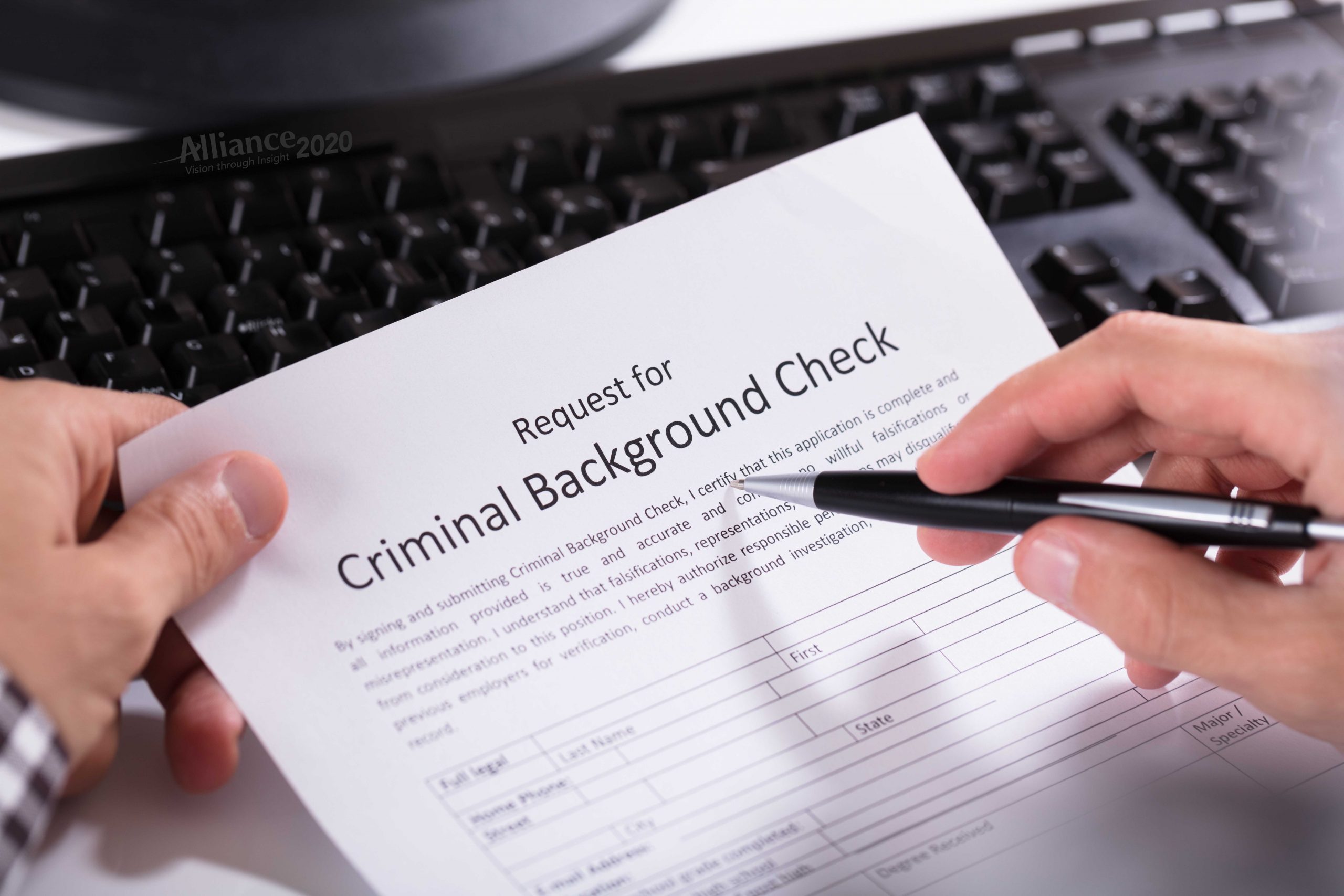Do you wonder what’s going on behind the scenes after you authorize an employer to conduct a pre-employment background screen? There are many pieces to the screening process. However, not all background checks follow the same manner or process.
Consumer Reporting Agencies
Most companies do not have the time or resources to conduct pre-employment screening internally. There are strict laws set in place by the Fair Credit Reporting Act (FCRA) on how to obtain and report your (the consumer) information. As a result, the request for a background screen often goes to a Consumer Reporting Agency (CRA). CRAs must comply with FCRA regulations to supply reports containing consumer information to employers. By using a third party, the burden to provide an accurate screening report falls onto the CRA and not the company requesting the check.
So, what kind of information will the CRA look for? The short answer is that it depends on what your company asks for and what their budget is. There is no legal requirement on the employer to include certain searches, aside from adhering to their own company policies or industry standards.
Industry Specific
For example, the Department of Transportation (DOT) has requirements for screening, such as drug testing and Motor Vehicle Reports. They must follow certain procedures in their hiring process. The same principal applies to organizations whose employees have direct contact with children. Some specialized industries like these and others follow laws that require certain screening to be run. Otherwise, it is at an employer’s discretion to choose the searches they deem necessary for your position.
Components of Reports
The standard background screening report has a scope of seven years may include these components: SSN Trace, County Criminal Records Search, Federal Criminal Records Search, Nationwide Criminal Records Search, Sex Offender Registry Search, Government Sanctions Searches, and Verifications of Employment and Education History.
To conduct the Social Security Search, the CRA (which specializes in reporting consumer credit information) receives the SSN provided by the applicant. With this search, information can be pulled from various sources including credit data from a credit bureau such as Transunion. The CRA who made the request receives the report containing all the information associated with the SSN such as the name, DOB, addresses, and issue date. At its basic, of the county criminal report searches the applicant’s current address. However; in addition, they include any addresses that appear in the SSN search if they fall within the 7-year scope.
The same applies to Federal criminal records searches. It’s important to expect that the more places on an applicant’s record, the longer the report will take. This is especially true when researchers must contact courts to verify information. A screening vendor should be updating you with any delays at the courthouse level regularly.
The nationwide search is a tool that allows CRAs to access the National Criminal Database. This tool uses the first three letters of your first name and an exact match of the last name along with your DOB. It is crucial to know that not all counties in the U.S report to this National Criminal Database. We recommend only using it as a supplemental tool to the county and federal courthouse searches a screening company runs for an employer. It is also important to note that not all screening vendors access to the same exact database information.
Verifications
Lastly, CRAs will contact your references and educational institutions directly to verify employment, degrees, and certifications. In summary, every background screen is slightly different and turnaround times are going to vary. There are multiple parties at work behind the scenes protecting consumers and ensuring to equip employers with accurate knowledge to make their hiring decisions.




